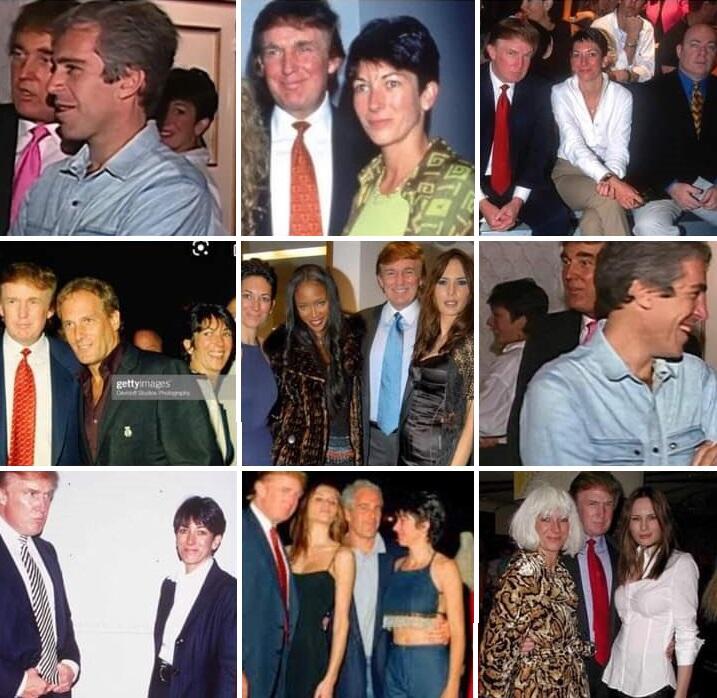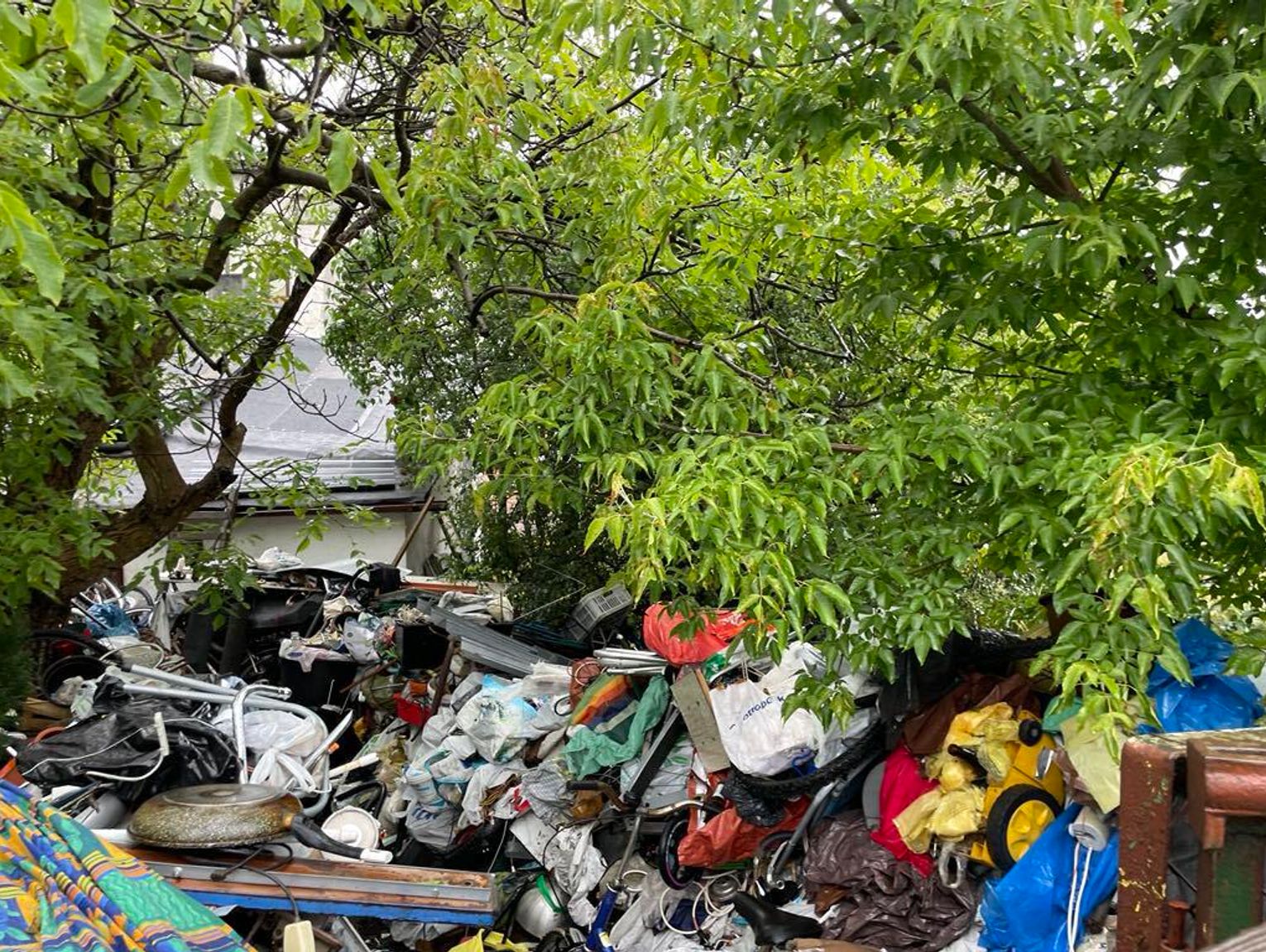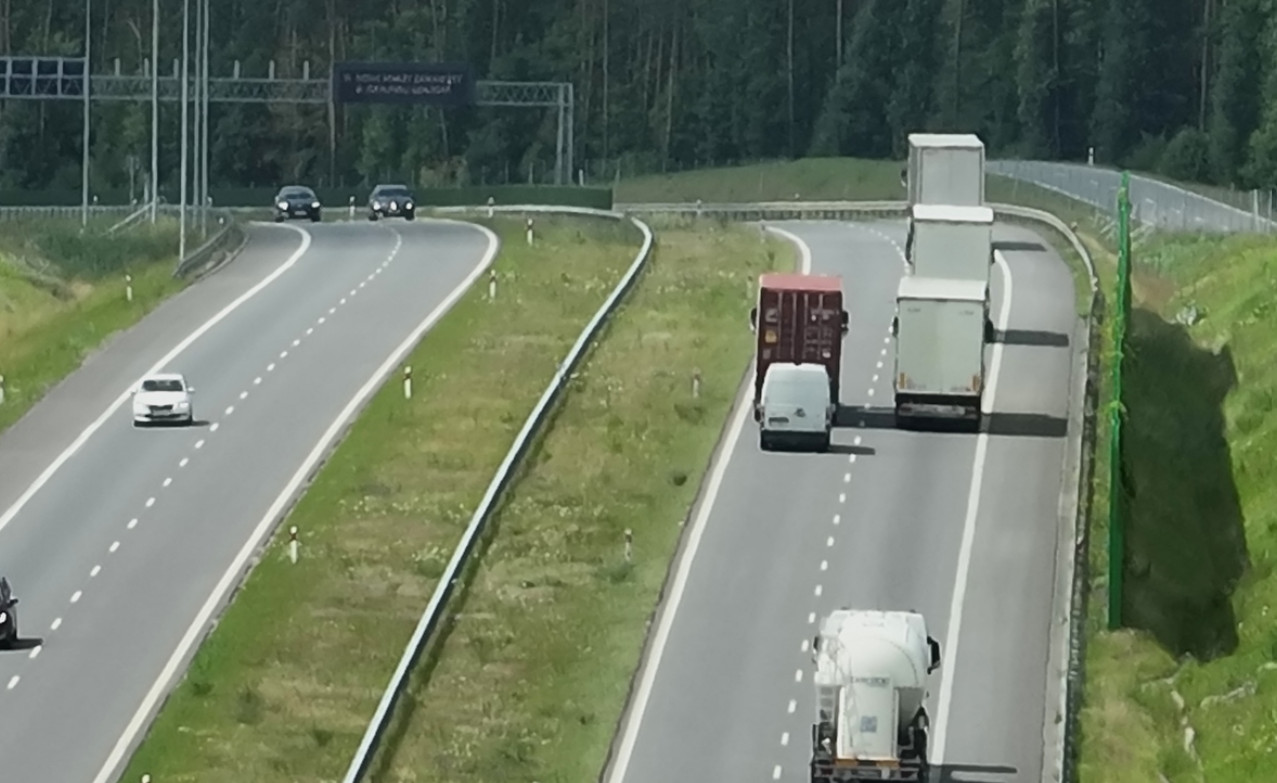"The origin of the deep Western crisis is the departure of America from the geostrategic principle, which was so far the American control of the Atlantic coast of Europe. Donald Trump seeks to break up with Europe to full focus on the Pacific area," said German political scientist Herfried Muenkler in an interview with the weekly "Die Zeit".
Trump wants to counter the "imperial overload" of America narrowing the borders of the American empire – explains the political scientist. In his opinion, it is simply a "rational motive" explaining the decisions made by the President. any of the U.S. military and political elites believe that it is essential to "agree" Russia, and thus freed the forces and resources utilized in politics towards China.
Objective – weakening the European Union
According to Muenker, the future planet order will be based on "pentarchy" – the power of 5 powers: the US, Europe, China, Russia and India. In his opinion, the improvement of the situation in America is unknown. "The question is whether democratic institutions can withstand a confrontation with Trump or whether America will become an autocracy ruled by Trump's family. As long as this is not resolved, Europe is on its own and remains +the last Ensign+ of democracy," the political scientist believes. "China leader Xi and Russia president Putin see it and effort to break the EU. Trump besides has an interest in weakening the Union," said Muenkler.
As he pointed out, the US, China and Russia support centrifugal forces in Europe, primarily focusing on Hungary and Slovakia. "The aim is to paralyse the EU," he stressed.
"The EU must transform itself into a force capable of political action. A stronger centre – France, Germany and the United Kingdom – is needed, although the second remains outside the Community. Poland and Italy should besides join this focus centre on abroad and safety policy" – reads Die Zeit.
Merkel and Hollande like Chamberlain
Muenkler accused Western politicians of a mistaken reaction to the annexation of Crimea in 2014 Angela Merkel and Francois Hollande thought in his opinion, as British Prime Minister Neville Chamberlain in 1938 at the Munich Conference – "if we give something to the aggressor to satisfy it, we will prevent a large war. The same was thought in 2014" – Muenkler criticizes.
The German government believed that the Russians would realize that the endless, costly and full of victims of war did not pay off. Berlin, however, underestimated the "forces of resentiveness", which pushed the calculation of costs and profits to the background. "We underestimated the sense of humiliation and humiliation of the erstwhile empire, due to the fact that we profess neoliberal belief that politics is about maximising economical benefits," said the political scientist.
Historian advocated the continued support of Ukraine to "be able to fight for as long as Russia resigns and expresses its readiness to negociate as equal to". "Moralists are right erstwhile they say it means a lot more victims. But pacifism doesn't lead to peace. He is simply a pacifism of submission and invitation to Putin to proceed the war due to the fact that the Russian president believes he is dealing with decadent cowards," he said at the end of Muenkler's interview.
End of the West?
Nicole Deitelhoff, head of the Institute for Peace and Conflict investigation in Frankfurt, besides talks about "The End of the West".
"Three years ago, I thought Russia's attack on Ukraine was the item of the global order crisis. present I can say that this was just the beginning of a much bigger crisis. I thought the war would bring the Western states closer together. What we are watching now is the end of the West," Deitelhoff said in an interview with the weekly "Der Spiegel".
As she stressed, we are witnessing the withdrawal of states from the global strategy and the rejection of inter-state restrictions on the benefit of the executive authority. "Rules are rejected, both in interior politics and in rivalry between powers. We see this in both Putin and Xi, Milei and Trump," she noted.
"Europe may be an economical power, but erstwhile it comes to politics, we sit at a insignificant table. The United States is showing little and little interest in Europe and based on rules of global order," she said.
In her opinion, it is possible to return to the situation of the 19th century erstwhile respective European powers divided almost the full world. "In the future there will be another powers, but the strategy may have the same character as described by Tukidides – strong people do what they want and the weak agree to what they gotta do," Deitelhoff concluded.














